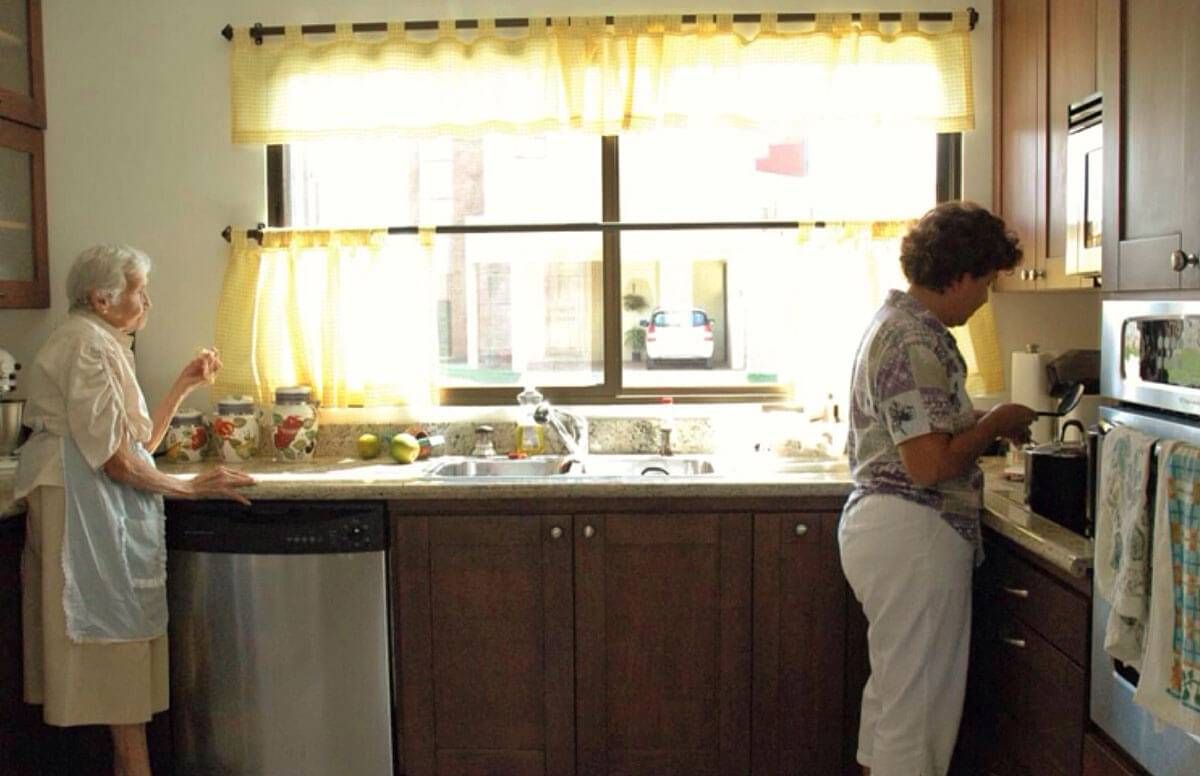How to Be a Friend to Someone Who Is Lonely
Be authentic and be present, and a friendship can form
Hope Reiner has more than 30 years of experience working in the fields of geriatrics and dementia as a certified practitioner. But it was the time she spent caring for her own mother during her journey with Alzheimer’s disease which made Reiner fully realize the impact of loneliness on older adults and how easily they can become isolated.


“If people came to visit [my mom], they seemed so uncomfortable. Many just stopped coming,” Reiner says, which left her mom to rely only on her daughter for company.
"People just want to be noticed and acknowledged. If you are real and warm, you can really make that person feel like they are somebody."
“She and I had a very trying relationship, but I realized she needed friendship and love,” admits Reiner, who lives in New York City. “I knew that what I wanted to be was the most loving daughter I could possibly be, and so that’s what I became. And it made us both so happy.”
Soon after her mother’s death a decade ago, at the age of 90, Reiner discovered a calling to show love and friendship to others, like her mom, who felt alone and were starving for companionship. “I wanted people to feel relevant,” she says. “I wanted to bring them joy.”
The Power of Authentic Friendship
So Reiner, now 75, founded Hope & I, which is based on the simple premise that loving relationships can enrich lives, and a close friendship can do even more good.
As Reiner writes in a contributed essay to Critical Topics in an Aging Society: Social Isolation of Older Adults, Strategies to Bolster Health and Well Being, “Of course casual friendships or paid professionals such as aides, social workers, case managers and music therapists can help, but one very close friend can do so much more to relieve stress and depression.”
The sole purpose of Hope & I’s Friend Care, says Reiner, is to offer genuine and authentic friendship to older adults suffering from loneliness and isolation. Reiner’s goal is to bring them back into life, offering them opportunities to re-engage. This can include everything from a trip to the ballet, to a quiet meal in a favorite restaurant, to a walk in Central Park. All with a friend.
While Reiner is retained by family members to provide companionship to their loved ones, she insists that the friendships which develop are authentic. And the experiences enhance her own life as much as it enhances the lives of her clients. The meetings can happen once a month, once a week or even more often.
Some of the individuals she works with have dementia. But, as Reiner says, “they have their lives, their stories, their wisdom and a twinkle in their eyes” and those friendships bring a particular kind of joy.
Simple Steps Toward Friendship
Loneliness has reached epidemic proportions in the United States in recent years: About 1 in 11 Americans age 50 and older live without a spouse, partner or child, according to the latest U.S. Census. This translates to approximately 8 million people.
That’s a big number, but taking small steps toward offering friendship to someone in your apartment building, neighborhood, church, or synagogue can make a significant difference in one life.
Based on Reiner’s experiences, she shares some simple, yet thoughtful, ways to be a true friend to someone who is lonely:
Be real: “People just want to be noticed and acknowledged. If you are real and are warm, you can really make that person feel like they are somebody,” she says. “Everyone is worthy of attention. Sometimes, it’s just as simple as saying 'hello' in the market or on the street.”
Be respectful: As mentioned, Reiner frequently takes her older friends out during the day, but it’s not without planning. “Everything has to be perfect, from the transportation to the time we spend to the atmosphere,” she says. For example, Reiner explains that taking someone with dementia to a busy restaurant can cause them stress. Spend time that’s meaningful and appropriate to their situation and interests.
Do what they enjoy: Reiner recalls a client, Tony, who she says was “one of the most delightful people I’ve ever met.” Tony was an opera lover, so the two would spend afternoons traveling across New York City to see opera: “We went downtown, to the East Side, to free opera performances, we found opera everywhere.”
Be willing to adapt to change: As Tony grew more frail, Reiner found a small jazz club near his apartment building and would bring Tony, now in a wheelchair, to listen to a jazz singer who was in his 70s. “He gave my Tony so much joy,” Reiner recalls.
Be present even when that’s all that’s needed: Reiner's five-year friendship with a woman in the late stages of dementia, now 102, has become quiet and peaceful, but still caring. Says Reiner: “I sit by her bed and hold her hand. We love each other. We talk as much as we can.”
'You Have to Have Friends in Your Life'
Taking the risk to emotionally connect with a friend can lead to feelings of loss when they die, and Reiner has experienced that many times over in her work. She is able to look back on the friendships fondly, and without regret.
“It’s not about me. It was their time, and I always hold them in my heart,” she says. “The connection we had doesn’t go away.”
She’s also experienced the loss of contemporaries. “I lost seven of my best friends in three and a half years. Because of who I am and what I know, I made new friends. I started dancing, I paint, and I’ve met new people that way,” she says. “For therapeutic reasons, you have to have friends in your life.”
Reiner says that just making the time to get to know someone, to be part of their lives and let them be part of yours, can help people feel less lonely.
“I wish there were a million people doing what I do,” she says.


